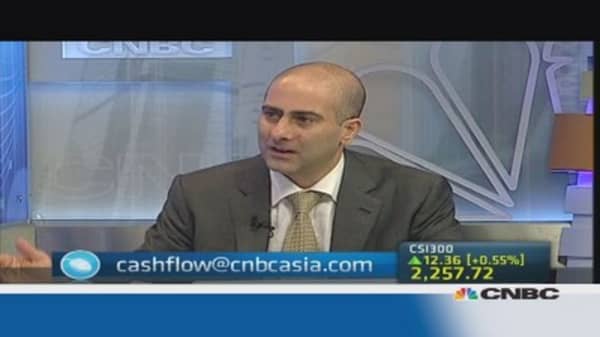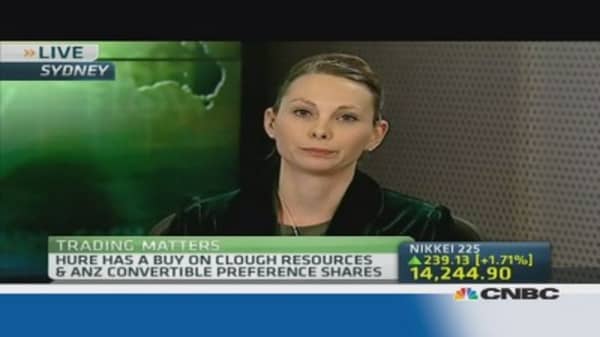A raft of data from China is likely to put the world's second-largest economy back in focus for Asian markets this week, with central bank meetings in Australia, Japan and South Korea also on the calendar.
At the weekend, China released better than expected data on the services sector. The non-manufacturing purchasing managers' index (PMI) rose to 54.1 last month from June's 53.9, the National Bureau of Statistics (NBS) said in a statement on Saturday.
(Read more: Is China's outlook improving? Services sector picks up)
The data momentum is set to continue when the government releases July trade data on Thursday, while the latest consumer price index, producer price index, industrial output, fixed asset investment and retail sales numbers are expected towards the end of the week.
"We will watch the slew of data from China closely," said analysts at Nomura in a research note.
"We expect mixed signals from the July data as industrial production is likely to improve slightly to 9.0 percent year-on-year, in line with the rise of the official PMI's production component, while fixed asset investment may have moderated to 19.8 percent year-on-year, partly due to extremely high temperatures this July which may have slowed progress of some investment projects," they said.
(Read more: China PMI could mark end of negative data surprises)






